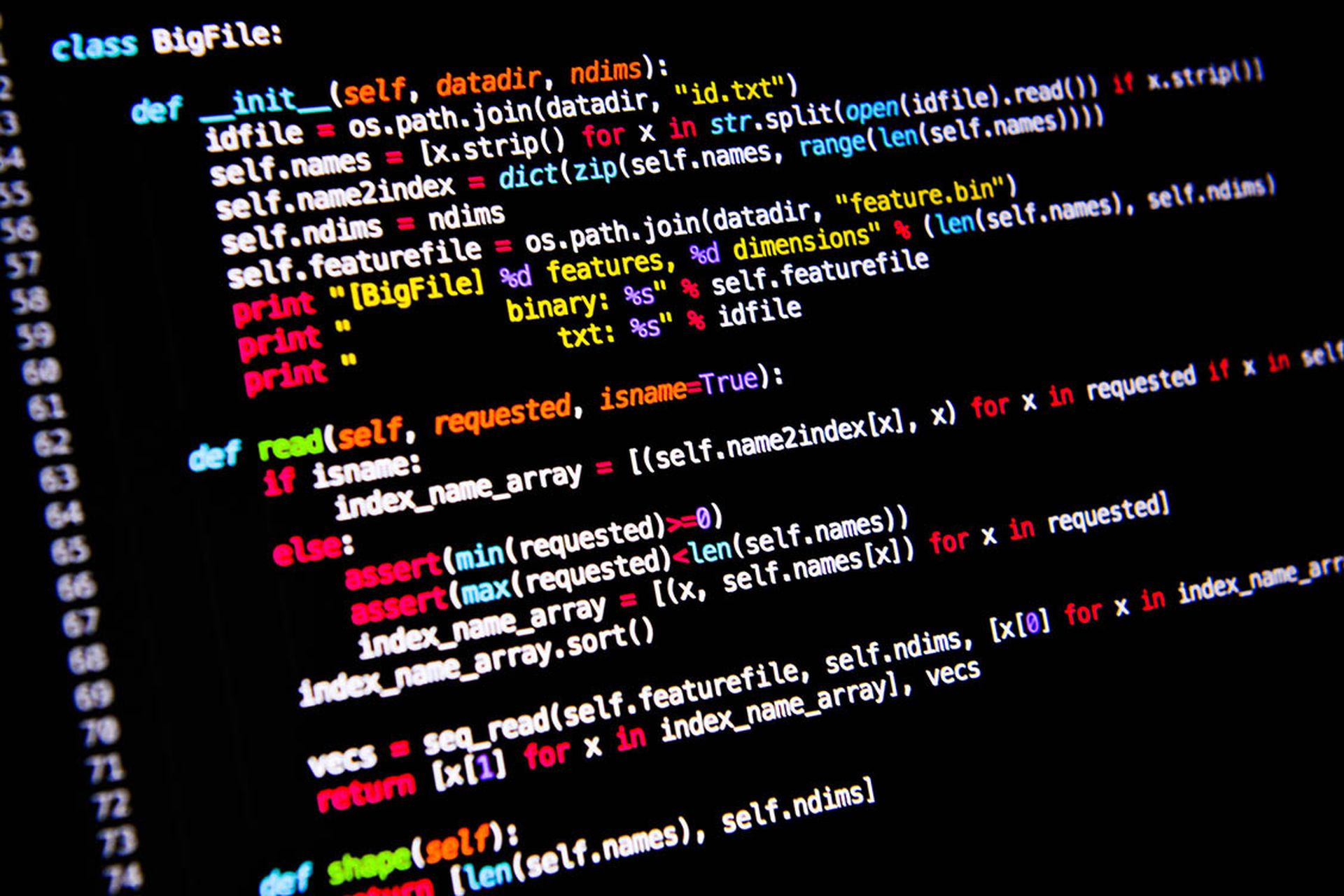As the demand for cybersecurity grows, a lack of public awareness and cybersecurity competitions geared toward youth may be hindering the next generation of cyber talent.
Schools would benefit from more cybersecurity-themed extracurricular activities and from lowering the barriers of entry to the existing ones, Cyber Security Awareness Week (CSAW) Applied Research Challenge Lead Kevin Gallagher told SC Media at CSAW'16, an event hosted by the New York University Tandom School of Engineering.
“The problem with a lot of CTFs (capture the flag competitions) that currently exist is that there is a high bar of entry,” Gallagher said. “You start out needing to know these fundamentals and if you don't know the fundamentals you cannot compete.”
He said that practicality and not discouraging students is important and that teachers shouldn't start out by giving students problems that are too hard but instead by giving them a gradual escalation of challenges until students learn to do advance cybersecurity.
Gallagher said that competitions like those offered at CSAW'16 offer students ranging from high school to grad school and opportunity to work with industry professionals, faculty and program alumni to compete in exercises designed to teach the students how to think critically to solve the kinds of problems students will face in the real world and other skills that are hard to learn in the classroom.
The program was founded in 2003 by NYU, then Polytechnic University, Professor Nasir Memon and started with just a small group of students looking to learn about cybersecurity and has since grown into the largest student-run cybersecurity event the in nation with events in India and Abu Dhabi being held simultaneously.
“We started this as simply a school activity just to get people aware about cybersecurity and also to get involved in cybersecurity in the lab and the research and teaching that we were doing,” Memon told SC Media at this year's event.
The program has since grown to include capture the flag competitions, forensic challenges where high school students solve a mock murder mystery using cyber clues, embedded security challenges, applied research competitions, policy competitions and Department of Homeland Security sponsored quizzes.
“They learn what I call the security mindset in some sense because security is more of an adversarial game,” Memon said. “There is an adversary that you are trying to protect against so there's always that thinking you need to come up of ‘what can go wrong?' or ‘how can I be attacked?'”
Joel Fernandez who has been a mentor in the program for more than seven years and helps to lead the High School Forensics challenge told SC Media that a lot of students come into the program without having studied computer sciences but are self-driven and are able to excel.
“You can very easily learn to code very quickly but you won't get good at it until you invest a good amount of time,” Fernandez said.
While it's up to the student to invest the time an energy into learning he said the program CSAW offers an online portal with videos and tutorials that give students the information to learn forensics and general tactics and techniques to help them learn crucial skills that are valuable to employers.
“In the career fair, you see the companies kind of clambering for this talent and I want students to understand how their studies in computer science and engineering and mathematics are really going to help propel them in the future,” Fernandez said.



